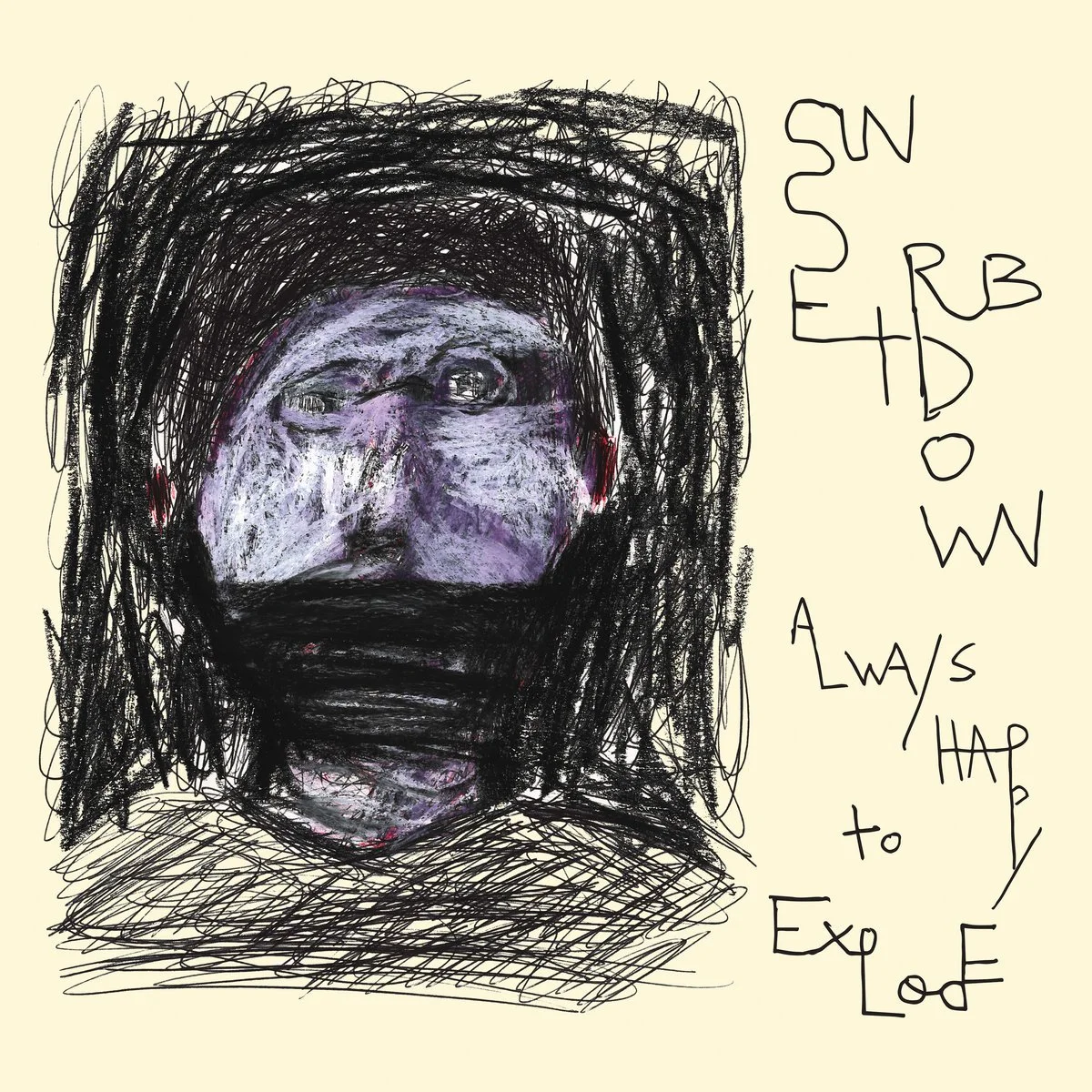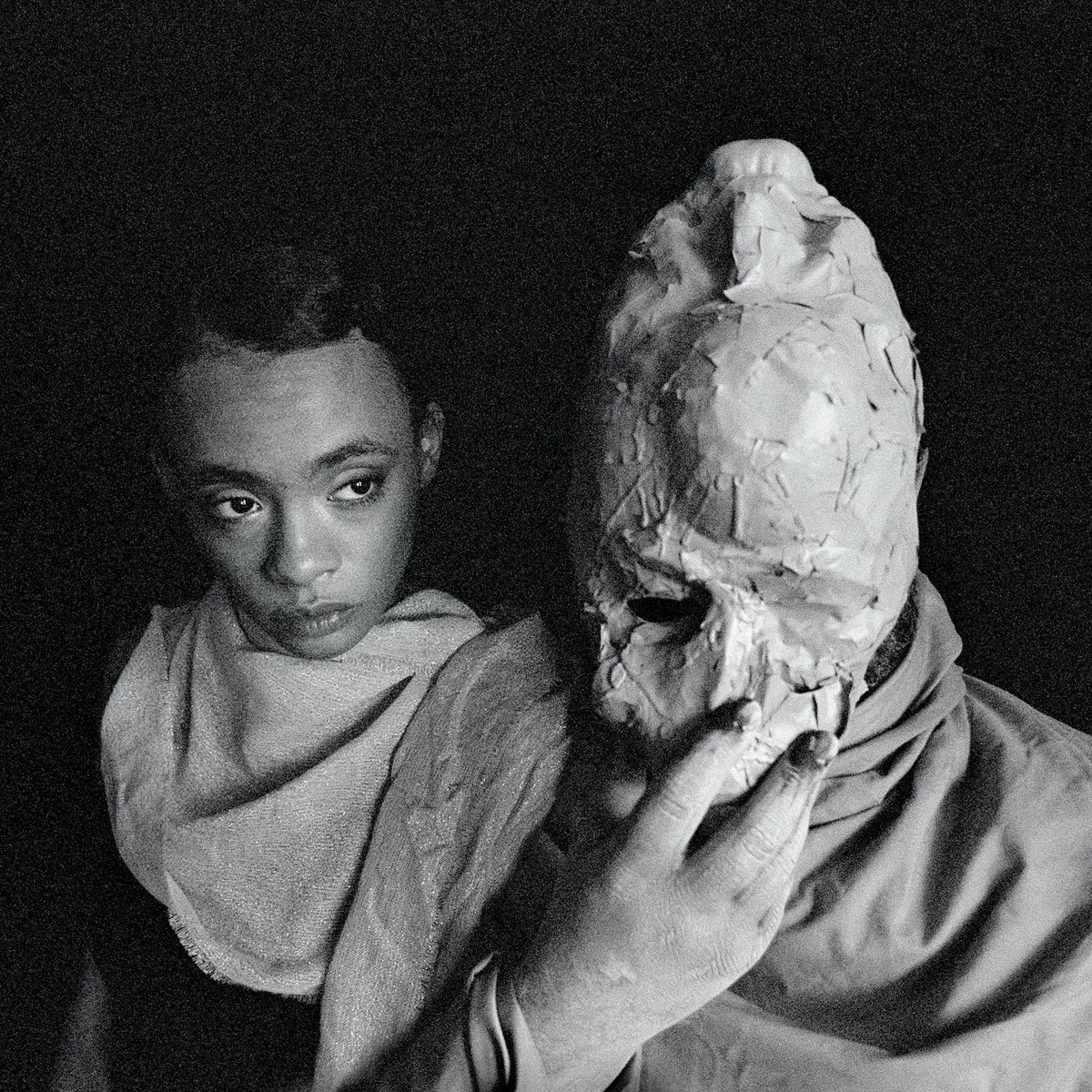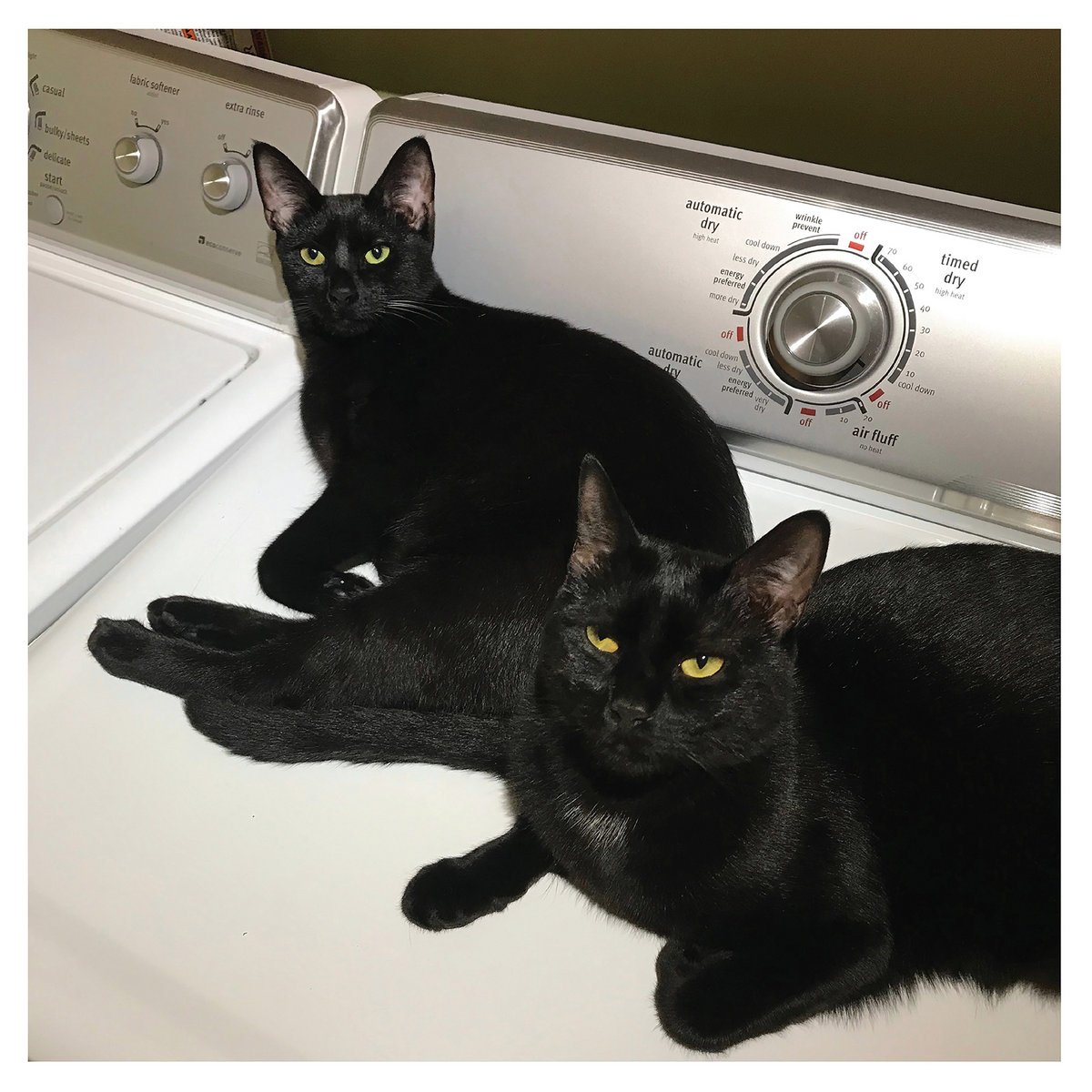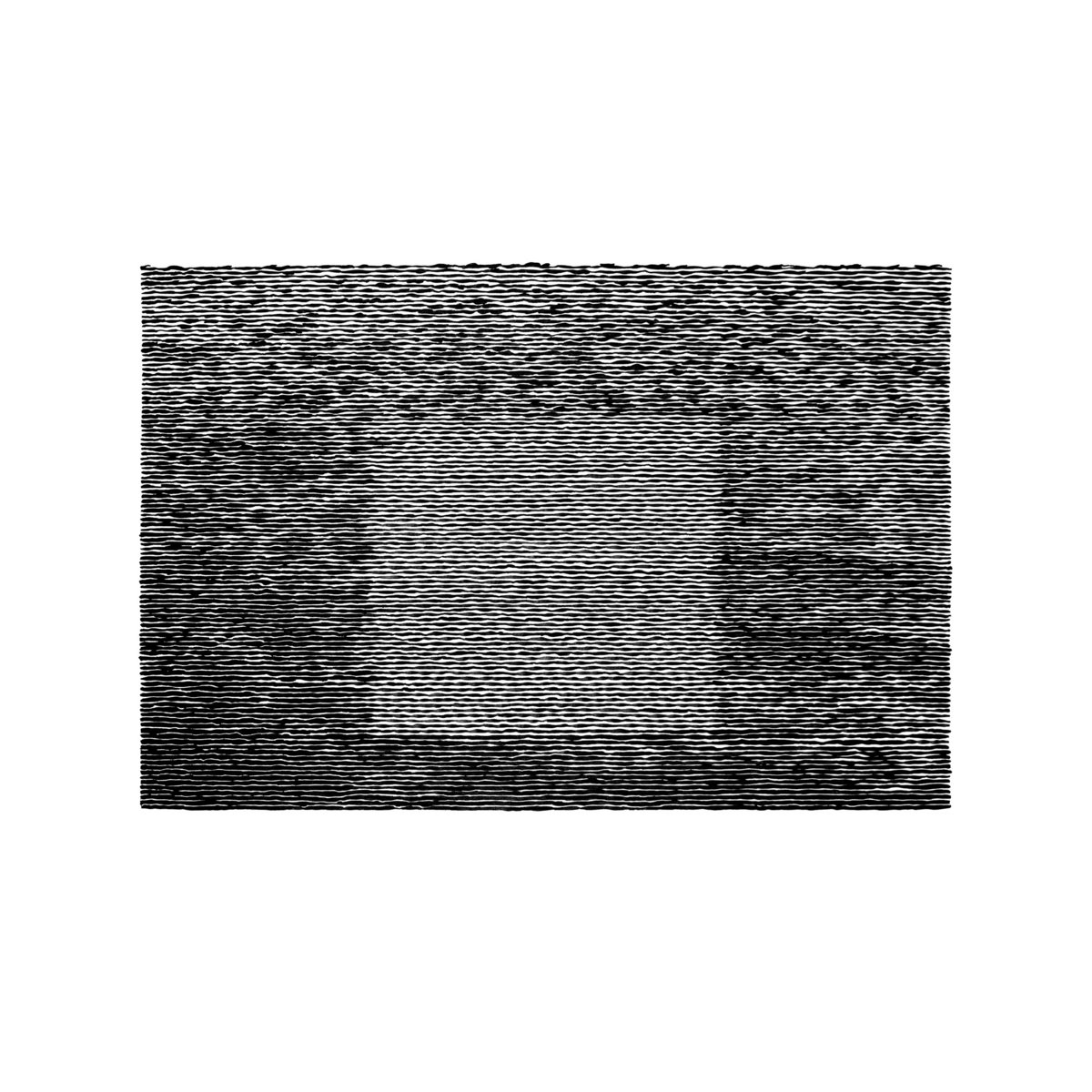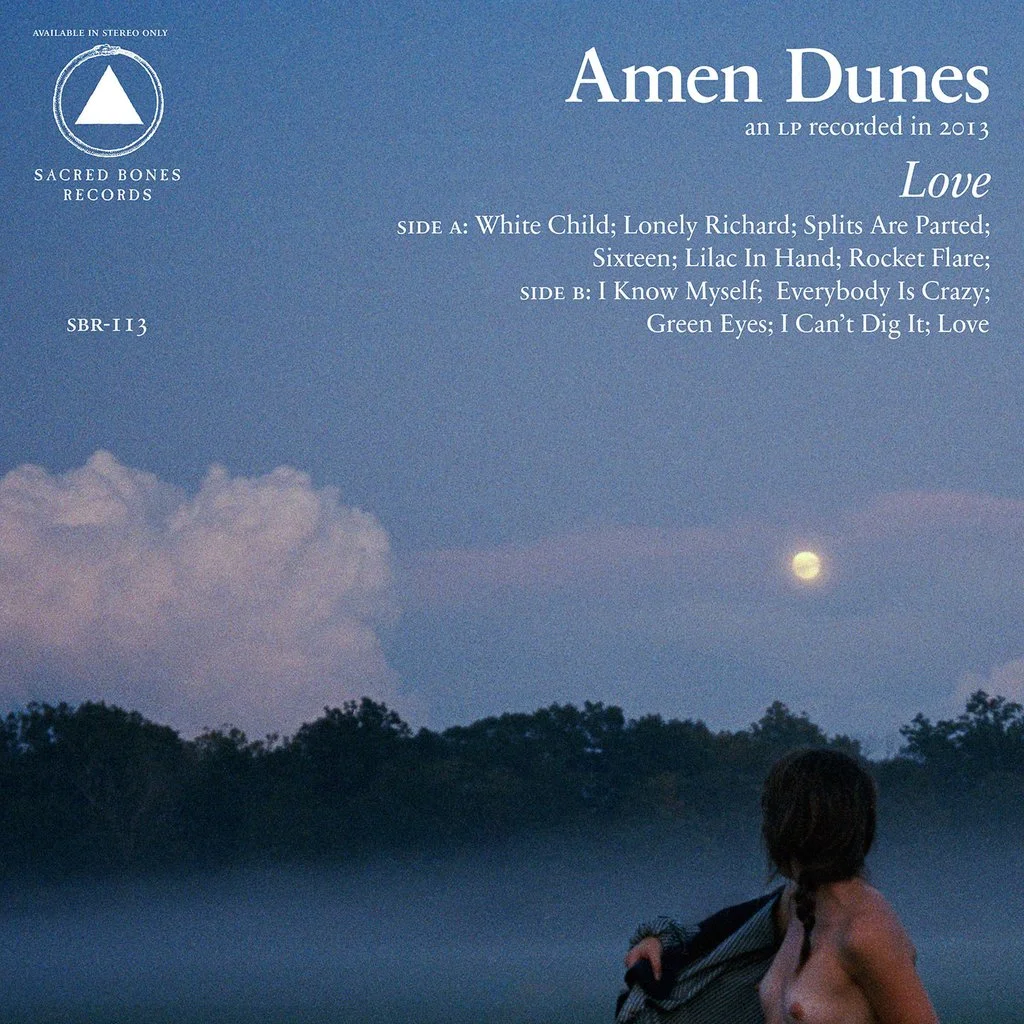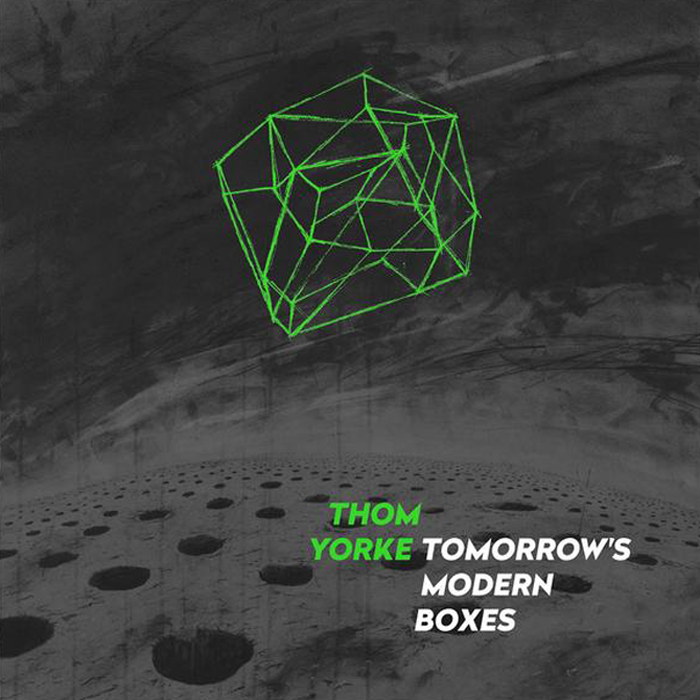Albums of the Year
Albums of the Year
Anxious Sound
2024
An open suitcase
In an empty room
—
Cindy Lee
A few words on Diamond Jubilee by Cindy Lee
Personhood. Dreams. Sun Records. Empty towns. Bus stations and train yards. Trying to find my way back to you. Brian Wilson. The Velvet Underground & Nico. Nico solo. Public Strain. Death to devices. Death to memes. Death to the vacant wave. Only you. Nancy Sinatra. T Rex. The Castiles. Lost songs by The Shangri-Las beamed from a distant planet. The past is gone. The past is now. True expression. Fuck what they think. The underground. The road, the rail, the sun, the (silver) moon. The guitar. The early 1960s. Longing. The magical properties of recorded noise.
These are just some of the thoughts that have entered my mind while listening to Diamond Jubilee, the hypnotizing, boundaryless 32-track collection of music released by Cindy Lee (Patrick Flegel) earlier this year, first in digital-only format and more recently as a 3xLP vinyl edition by Superior Viaduct.
Across the album's 32 tracks, Flegel cross-pollinates haunting melodies, intricate arrangements, and distinctive pop sensibilities. The eerie splendor of Glitz. The odd exuberance of Olive Drab. The dissonant, screeching guitar trance of I Have My Doubts. The shimmering instrumental elegance of Realistik Heaven. The Khruangbin-esque funk of Dracula. There are so many turns. So many hooks. The ideas are as limitless as Flegel’s capacity to express them.
Diamond Jubilee is a wonderfully sprawling work—errant but never uneven—blending nostalgia and here-and-now existence, deeply rooted in the psychedelic echoes of 60s pop but unquestionably new. It's such a deep well, and it captures the strange miscellany of human existence with such sweet idiosyncrasy that when it ends, the only thing to do is play it again.
November 2024



